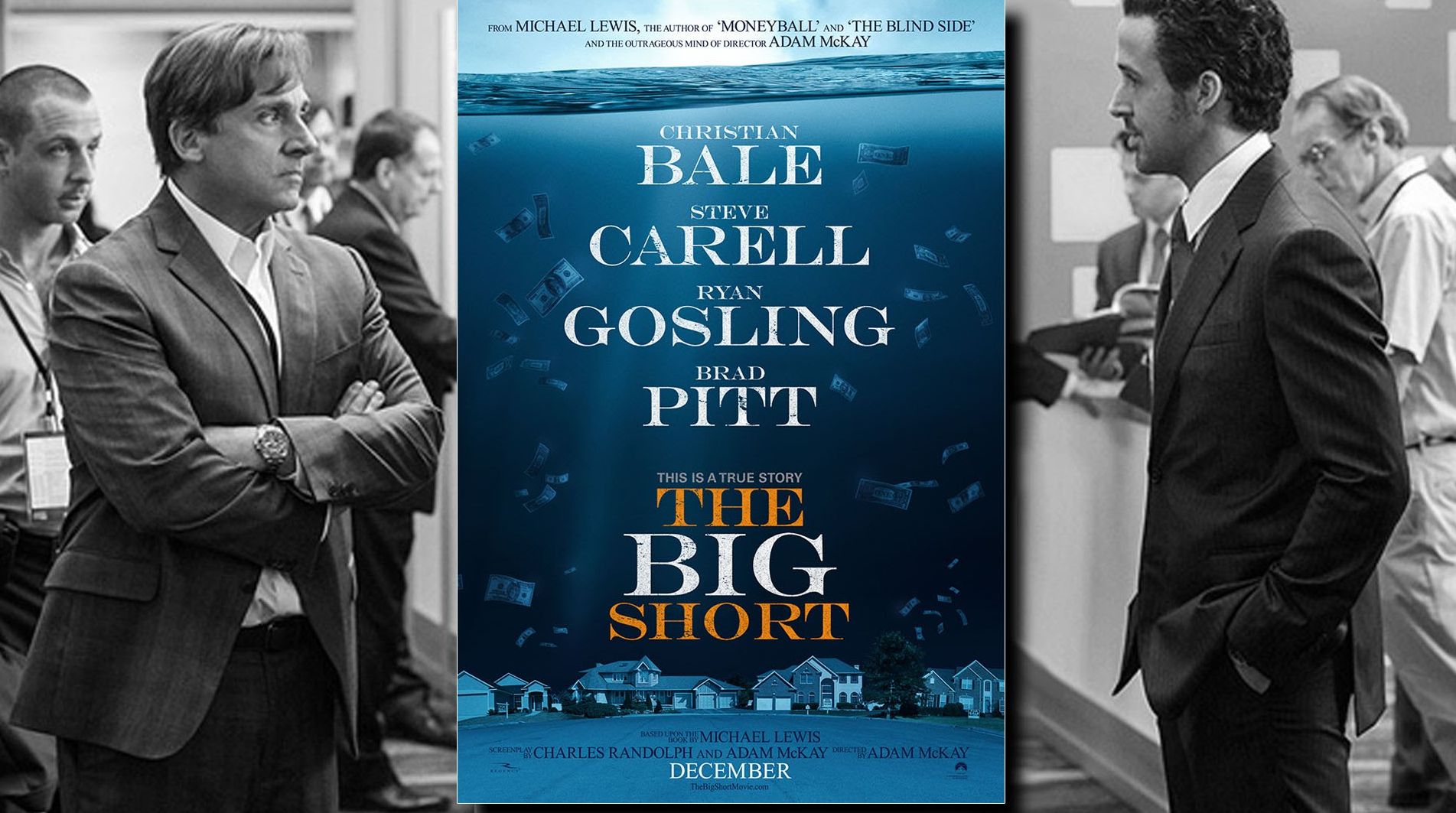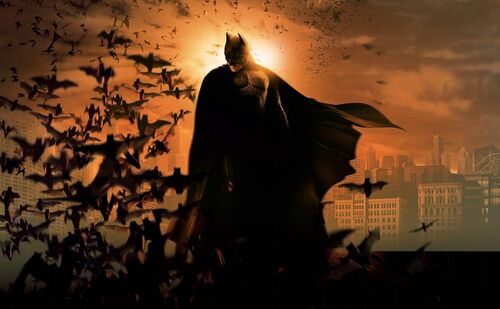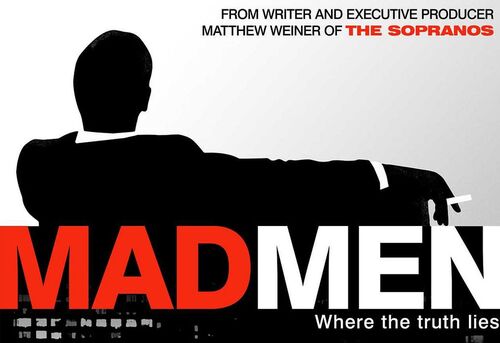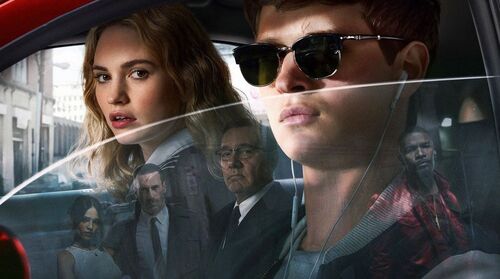
The Big Short (2015) Film Review
 For all of its charisma, its jumpy, energetic stamina keeping it lunging its way through two hours of what could easily have been very dry content, The Big Short is a somber film. The resulting fury of its audience is less to do with the film itself, which is sadder than it is angry, and more to do with the very world it exposes.
For all of its charisma, its jumpy, energetic stamina keeping it lunging its way through two hours of what could easily have been very dry content, The Big Short is a somber film. The resulting fury of its audience is less to do with the film itself, which is sadder than it is angry, and more to do with the very world it exposes.
Juggling many characters, in a rather controlled manner, Adam McKay's film tours the events that took place nearly a decade ago, the result of those events climaxing in the crash of the housing market and the world economy. Many people lost their jobs and their homes, but the film fills in the blanks for us.
But the fact is that the film is never condescending, and delivers its information in ways that feel as fresh as the fruit in the yard. The fourth wall is broken from the very beginning, when the Ryan Gossling-played Jared Vennett addresses us head on and takes us all by surprise. As he'll state later on, he is not the hero of this story.
And in fact, as much as the film might try to allude to him being a hero in some regard, not even Steve Carell's Mark Baum can embody any such goodness. Nobody here is fighting for the people. This is a world of sharks, big fish eating little fish. The fickle world is approached as an all-encompassing storm, and those who actively pursue its riches are, as a result, distracted from the true, wholesome aspects of living.
On top of frequent shots that follow our lead characters amid throngs of people, every day citizens (because these are the victims, and their never far from the background), the film flashes images at us at such a rapid pace that at times it's impossible to process. It uses music to bolster its lead-in to upcoming scenes, often ironically. Selena Gomez and Margot Robbie (as Selena Gomez and Margot Robbie) dumb down its heavy content. The characters treat us with respect, but not without inhabiting some of their arrogance. But that's the point. These people are animals.
The angriest man on screen, Mark Baum, is perhaps the most sympathetic character here. Though again, he plunges right into the scandal, and though his soul is sold and he knows it, his heart bleeds for the pain they've caused. Superficial reasons for his ultimate decision (kicking the banks in the teeth) don't right the wrongs, but then you start asking the question, who's to blame? Can people really be held accountable for taking advantage, when we'd probably do the same thing?
The conversation starts the moment we exit the theater. The film stirs emotions that we're not quite used to when we go to the cinema. We're used to sorrow and jubilation, but not frustration. In many ways, the characters are larger than life, plucked from bizarre corners of the world. Take Brad Pitt's character, Ben Rickert. Pitt declared, after reading the script, that he would be in this movie, no questions asked. Ben is a man who turned his back on the banking world because of the injustice of big business, the ugliness of the seat at the table.
Ben is even asked toward the end of the film, why did he come back? To which he tells his companions, "You wanted to get rich. Now you're rich," but that's a non-answer. He epitomizes the magnetic pull of the addictive world of dollar signs, but he, too, loses his soul at the end of it. "Just don't dance," a simple line that reflects the film's somber undertones. When a father is approached and learns that his landlord, whom he's been continually paying, isn't doing so with his mortgage, the man fears for the safety of his family. He's done the right thing, but the person he relies on in order to live under a roof hasn't. The poor and the jobless and the everyday citizen suffers. That man's story is the perfect analogy for the entire film.
The Big Short gives us a diverse range of views into the events that take place. We get two young men who are somewhat out of their depths (John Magaro and Finn Wittrock), one cynic who despite that did not believe the world would come to this, the greedy, hungry (often older) men at the top of the chain, and then we get Christian Bale's (doctor) Michael Burry, who discovered something, and really only took advantage of it because it's just the next logical step when you find something that massive. The character is yet another testament to Bale's remarkable range, playing goofy and slightly unhinged to very convincing affect.
His backstory, as well as Mark Baum's, could have almost pulled us out of it. For the most part, The Big Short isn't interested in its character's lives, but their interaction with the story at hand, the only thing that, for 98 percent of the film, matters. But it's that near-jarring effect that their sorrowful pasts offer that transcend them. They take us by surprise and all of a sudden we're actually feeling something different. Director Adam McKay juggles emotions and smacks us by pulling the steering wheel sharply, and changing the direction whenever he pleases. And that had to happen, because there are so many conflicting personalities in this story. It couldn't just roll through its heavy material at the pace of a steam train. It had to swap for a freighter at key moments, in order to rev up its momentum.
Notable, too, is that apart from a brief moment in which two of the parties cross paths, none of our four sets of eyes into the collapse of the world economy ever interact with one another. They lead completely different plots through the chaos, linked together by this one intrinsic discovery. Today, there is an obsession, even a duty, in telling stories based on events that actually happened. There are things many of us only know so much about. Sometimes, a film can tell us more, and then it begs us to look deeper. The Big Short is lead powerfully by its cast, but told carefully by its director. Consider how long it made you think after its credits, and then give it a round of applause for its audacity.


